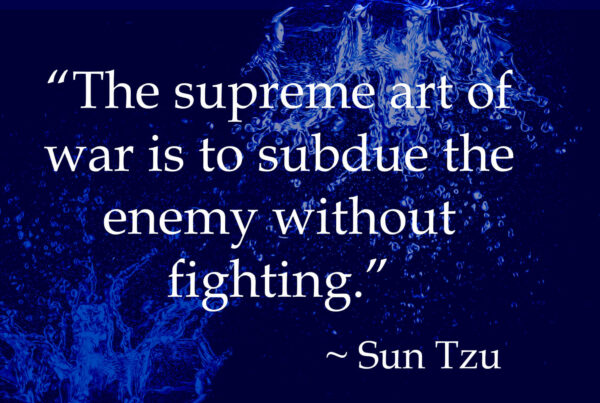Last Updated on April 3, 2024 by Dave Schoenbeck
Taking ownership requires you to take the praise and the criticism, but often people cringe at the latter. Authentic leadership requires you to own the process from start to finish, involve yourself, and be accountable for the outcome.
Jocko Willink, the author of Extreme Ownership, says, “What we’ve seen over and over and over again is those leaders taking these principles, applying them inside their organization, and vastly improving the productivity, the efficiency, the effectiveness of their team and of their organization.”
Read on for tips and ideas to prevent frustration when your team doesn’t take ownership.
“Extreme Ownership” Book Summary
Taking ownership is less about words and more about action. Extreme ownership isn’t about being manic in every step but about assigning yourself more tasks than humanly possible, so if they’re not completed, you take ownership rather than set blame upon someone else. Using the case for an “extreme marriage,” neither party can blame the other since they’re both maintaining accountability – and this develops a partnership of respect and trust.
Other benefits of “extreme ownership” include:
1 – It enables continuous improvement. You’re seeing missed deadlines and opportunities from yourself and others as something you must improve upon and internalize rather than point your fingers (unproductive).
2 – Insist on high standards – similar to the 10x your goals philosophy, if you reach high and fall short, you’re still better off than you would have been with lesser standards.
3 – Keep your ego in check. Absorb blame for the team and share praise. It’s not about you as the individual; it’s about the success and forward movement of the team as a whole
4 – Prioritize issues. Not everything is a top-priority task or goal. It’s OK to delegate tasks, so a level 5 priority for you is now a level 1 for someone else.
5 – An imperfect plan is better than none. It’s important to talk through creative solutions that can guide the way for the team. It may be messy, but if everyone moves toward the solution and away from the problem, they’re on the right track.
Ownership Skills
Leaders lead teams into battle with nothing less than success. A leader is someone who formulates a plan, makes tough decisions, and inspires their team to achieve more than they thought possible.
The “Extreme Ownership” book summary defines taking ownership as a benefit for all rather than a punishment for one. However, what does taking ownership mean? It means putting aside your ego or shame and realizing there is no room for those negative thoughts in a successful team. Yes, it’s a great exercise in learning but not necessary to carry in the field.
When a team sees ownership in its leaders and managers, they have permission to make mistakes and stumble without fear. Everyone is accountable for the mistakes and successes of everyone. And, as a team, you go farther together than solo.
While the “Extreme Ownership” book summary has examples and tips throughout, reading it from cover to cover and utilizing the exercises will help inspire you as a leader to lead better or as a subordinate to take leadership within your tasks, even if it’s not within your job duties.
Why is ownership necessary? Your character is who you are at the end of the day. If you delegate blame but don’t share success, that isn’t leading. Absorbing the loss for your team so everyone can focus on moving forward is a gift to you and everyone else.
If your team avoids taking ownership, sign up for a complimentary video coaching session with me.
Coach Dave



